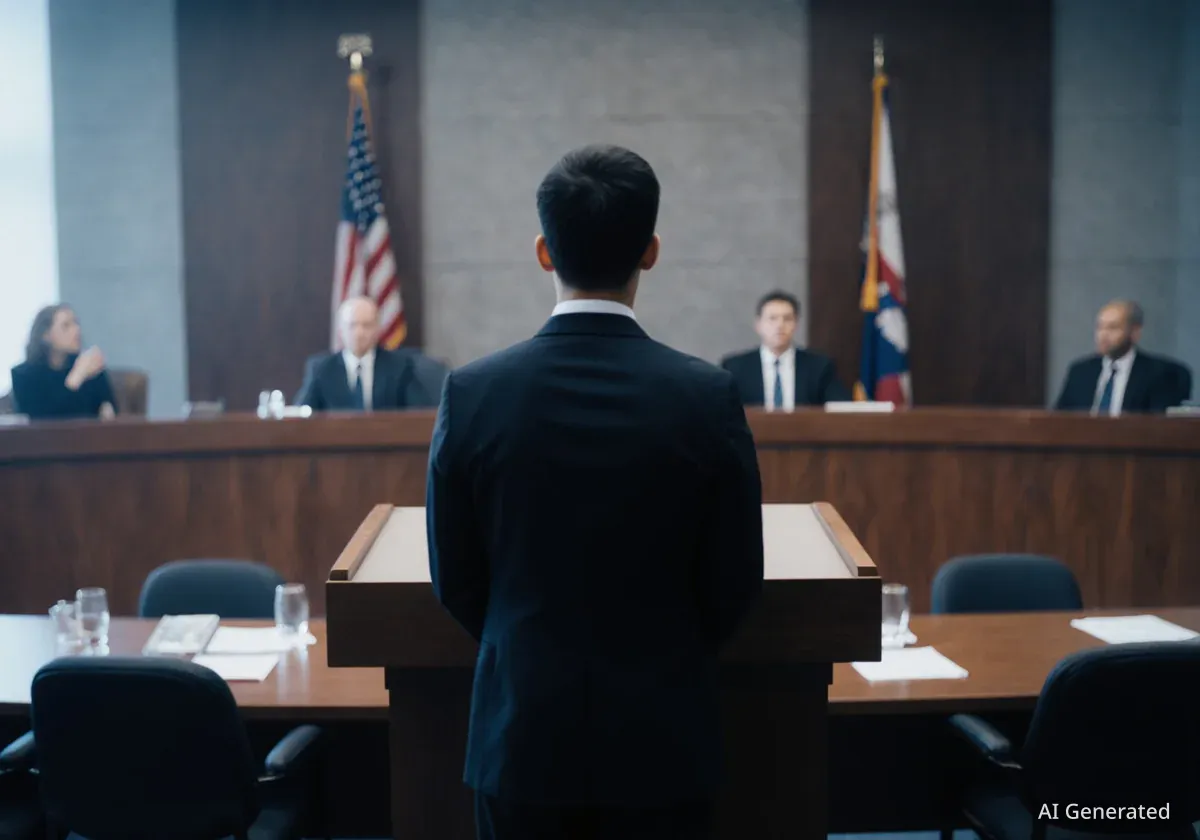Florida public school teachers may soon be required to take an oath of loyalty to the United States and the State of Florida. This proposal, introduced by Republican Representative Tom Fabricio, aims to align teachers with other public servants who already take similar oaths.
The proposed legislation, House Bill 147 (HB 147), was filed on Monday, October 14, 2025. It will be considered during the legislative session set to begin on January 13, 2026. If passed, the measure would mandate that all public school teachers in Florida affirm their commitment to constitutional principles and professional conduct.
Key Takeaways
- Florida teachers may be required to take a loyalty oath.
- The oath would cover support for U.S. and Florida Constitutions.
- It emphasizes professional, independent, and nonpartisan duties.
- The bill also focuses on academic integrity and fostering respectful learning environments.
Details of the Proposed Oath for Educators
Representative Tom Fabricio, a Republican from Miami Lakes, emphasized that the proposed oath is similar to those already taken by professionals such as lawyers, doctors, and various public officials within the state. The specific language of the oath outlines several key commitments for teachers.
The oath begins with a declaration of allegiance:
"I do solemnly swear (or affirm) that I will support, protect, and defend the Constitution and Government of the United States and the Constitution and Government of the State of Florida."This section establishes a fundamental requirement for teachers to uphold the foundational legal documents of both the nation and the state.
Fact Check
Many public officials, including elected representatives, judges, and law enforcement officers, are already required to take similar oaths of office in Florida and across the United States. This proposal seeks to extend that requirement to public school educators.
Professional Qualifications and Duties
Beyond constitutional loyalty, the proposed oath includes specific statements about a teacher's professional qualifications and duties. It requires an affirmation that the individual is "duly qualified for employment as a classroom teacher in this state." This part of the oath aims to ensure that all educators meet necessary standards for their roles.
Furthermore, teachers would swear to "well and faithfully perform the duties of a classroom teacher in a professional, independent, objective, and nonpartisan manner." This clause highlights the expectation for educators to maintain impartiality and professionalism in their teaching practices. The inclusion of 'nonpartisan' suggests a focus on keeping political biases out of the classroom environment.
Upholding Academic Integrity and Ethics
The proposed oath also addresses the ethical responsibilities of educators. It states that teachers must affirm they will "uphold the highest standards of academic integrity and professional ethics." This component underscores the importance of honesty and ethical conduct in all aspects of a teacher's work, from grading to classroom management.
Maintaining academic integrity is crucial for the educational system. It ensures fairness for students and upholds the credibility of educational institutions. Professional ethics guide teachers in their interactions with students, parents, and colleagues, fostering trust and a positive school culture.
Background on Oaths
Oaths of allegiance and office have a long history in many countries, including the United States. They serve as a formal declaration of commitment to a governing body or a set of principles. In the context of public service, these oaths are often seen as a way to ensure loyalty and accountability from those who hold positions of public trust.
Fostering a Respectful Learning Environment
A significant part of the proposed oath focuses on the learning environment itself. Teachers would commit to fostering "a respectful learning environment for all students, which promotes critical thinking, civic responsibility, and lifelong learning." This statement emphasizes the creation of an inclusive and stimulating classroom where students feel safe to learn and grow.
Promoting critical thinking is a core goal of modern education, encouraging students to analyze information and form their own conclusions. Instilling civic responsibility prepares students to be engaged and informed citizens. The emphasis on lifelong learning encourages a continuous pursuit of knowledge beyond formal schooling.
- Critical Thinking: Encourages analysis and independent thought.
- Civic Responsibility: Prepares students for active participation in society.
- Lifelong Learning: Promotes continuous personal and intellectual growth.
Role Models in Conduct and Character
Finally, the oath concludes with a personal commitment: "and that I will serve as a positive role model in both conduct and character, so help me God." This line highlights the expectation for teachers to demonstrate exemplary behavior both inside and outside the classroom. The inclusion of "so help me God" offers an optional religious affirmation, allowing individuals to affirm or swear.
The role of a teacher as a role model is widely recognized. Teachers often influence students' values, attitudes, and aspirations. This part of the oath formalizes the expectation that educators will embody the positive qualities they wish to see in their students.
According to a news release from Representative Fabricio's office, this bill is intended to reinforce the dedication and ethical standards expected of those entrusted with educating Florida's youth. The legislative process will involve debates and discussions on the implications of such a requirement for the state's public school system.
The proposed legislation comes at a time when education policy is a frequent topic of discussion in Florida. Various measures have been introduced in recent years regarding curriculum content, parental rights, and teacher responsibilities. This new bill adds to the ongoing legislative efforts to shape the future of education in the state.
If passed, HB 147 would represent a notable shift in the formal requirements for public school teachers in Florida. The bill's journey through the legislative session will be closely watched by educators, parents, and policymakers alike, as it could set a precedent for similar measures in other states.





